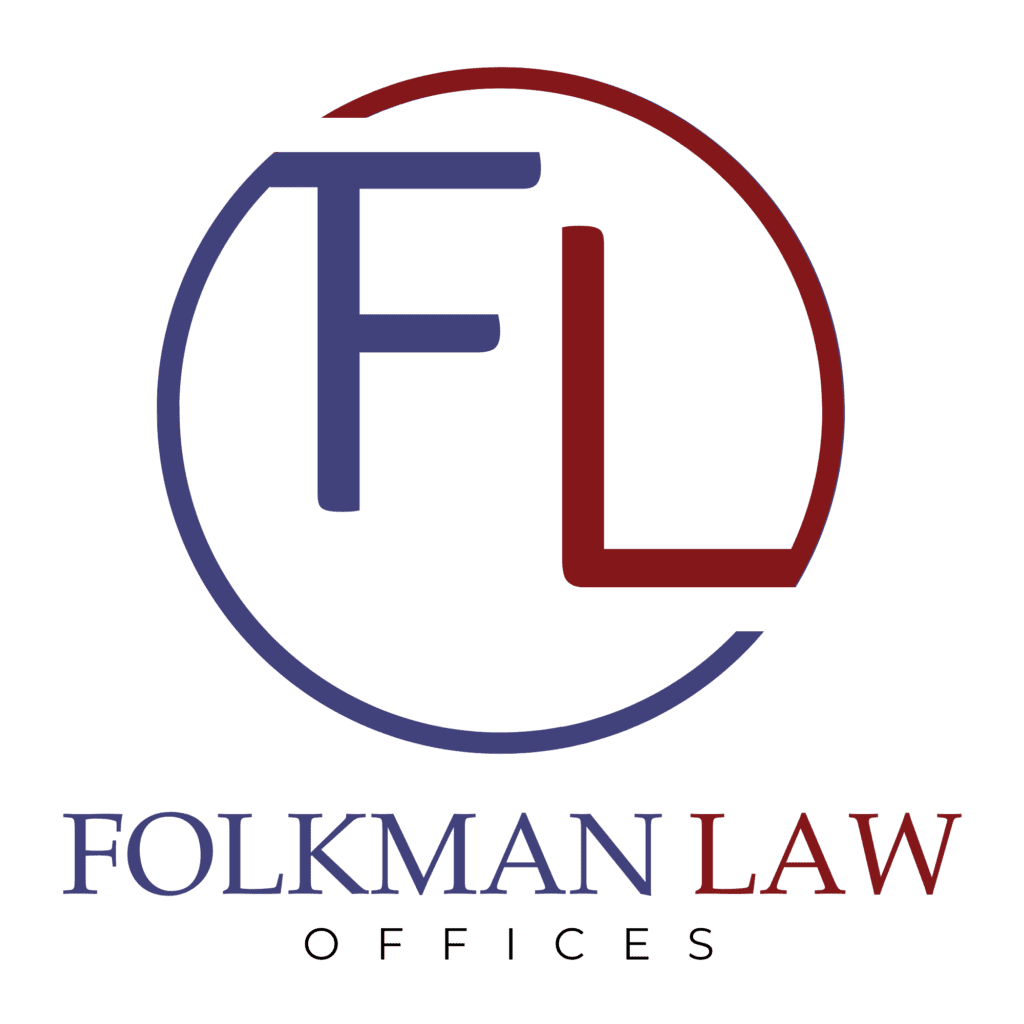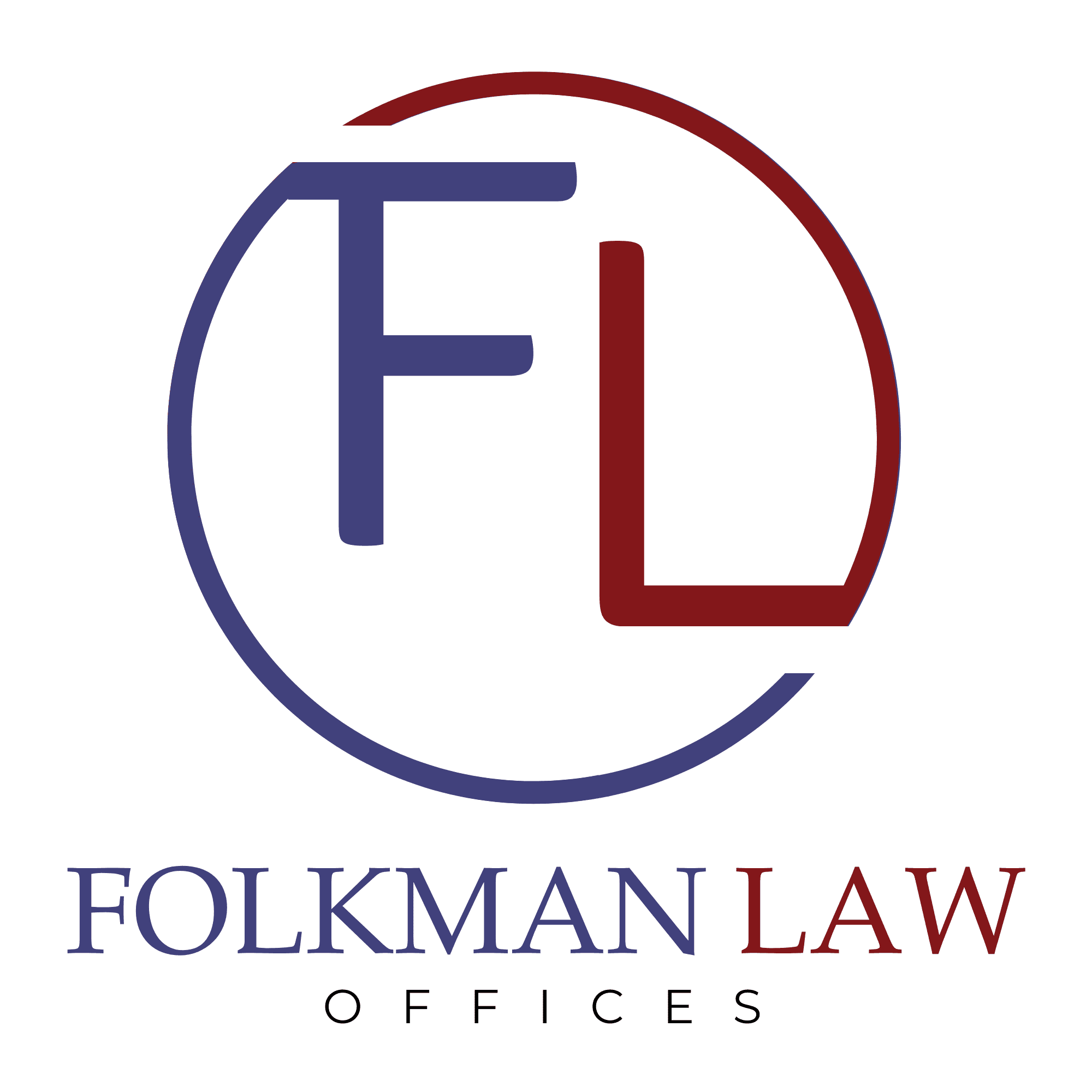 The opioid epidemic in the United States is an open secret. Opioid addiction impacts people from all walks of life in communities across the country. New research shows that most opioids are legally-obtained by patients from their doctors. While emergency room opioid prescription is very closely regulated, doctor’s office prescriptions are not. This raises questions about the role physicians’ play in the dangerous spiral of opioid addiction.
The opioid epidemic in the United States is an open secret. Opioid addiction impacts people from all walks of life in communities across the country. New research shows that most opioids are legally-obtained by patients from their doctors. While emergency room opioid prescription is very closely regulated, doctor’s office prescriptions are not. This raises questions about the role physicians’ play in the dangerous spiral of opioid addiction.
Numbers Behind Opioid Prescriptions
The USC Schaeffer Center for Health Policy and Economics partnered with Keck School of Medicine of USC to study prescriptions between 1996 and 2012. They took data from emergency departments, outpatient doctor’s offices, dental offices and other outpatient settings, as well as inpatient hospital settings.
They discovered that 44 percent of opioid prescriptions came from doctors’ offices in outpatient settings. While doctors’ office prescriptions rose, emergency room opioid prescriptions decreased from 7.4 percent to 4.4 percent in 2012. Researchers attribute the decrease to tighter regulations on emergency department opioid prescriptions.
Doctors and Prescribed Opioids
Co-author of the study and professor of clinical medicine, Michael Menchine, says up until 2013, physicians believed prescription opioids were the right choice for patients dealing with chronic pain. However, as the real consequences of opioid dependency are apparent, physicians are left to wrestle with the fact that more than 2 million people are potentially battling opioid addiction that began with legally-prescribed medication.
Opioid Addiction in the U.S.
In 2016, more than 42,000 Americans died from opioids – the most in a single year to date. Especially- vulnerable high-risk users only get 2.4 percent of their prescriptions from the emergency room. Nearly 90 percent of their prescription opioids come from doctor’s offices.
Doctors are trained and entrusted to make the safest and smartest decisions for their patients’ health and well-being. Patients depend on their physicians to maintain a high standard of care. When doctors make careless or irresponsible treatment or medication decisions, they put patients in harm’s way. Experts say revisiting legislation for doctor’s office opioid prescription is crucial for curbing opioid addiction.
More conservative prescription of addictive medications is the first step. Beyond smarter prescription, doctors can also become better equipped to recognize and address the signs of addiction – offering resources to those in need. More needs to be done to empower physicians to help patients who are already deep in the trenches of addiction.
If you or a loved one has been harmed by a medication error, misdiagnosis, or surgical error, the team of highly-skilled Cherry Hill medical malpractice lawyers at Folkman Law Offices, P.C. can help. We review your case and determine if you may be entitled to compensation. If you decide to move forward, we gather the evidence you need to build a strong case including: medical records, pharmacy records, and witness testimony.
Cherry Hill Medical Malpractice Lawyers at Folkman Law Offices, P.C. Fight for Victims Harmed by Medical Negligence
To schedule a free case consultation, call 856-354-9444 or contact a Cherry Hill medical malpractice lawyer at Folkman Law Offices, P.C. through our online contact form. We offer three convenient locations in Cherry Hill, King of Prussia, Pennsylvania, and Center City Philadelphia to serve clients in South Jersey and the greater Philadelphia area.


